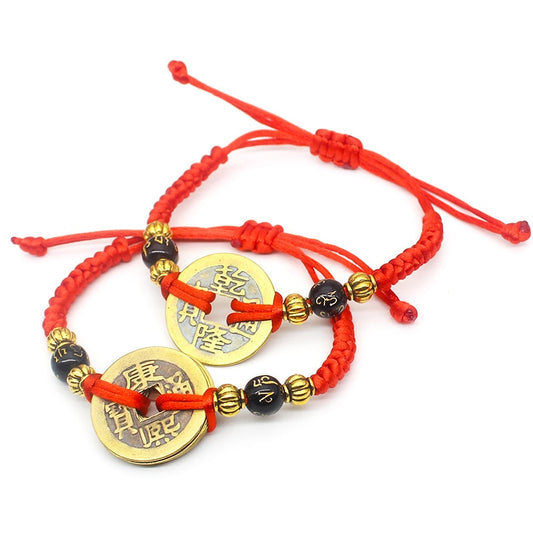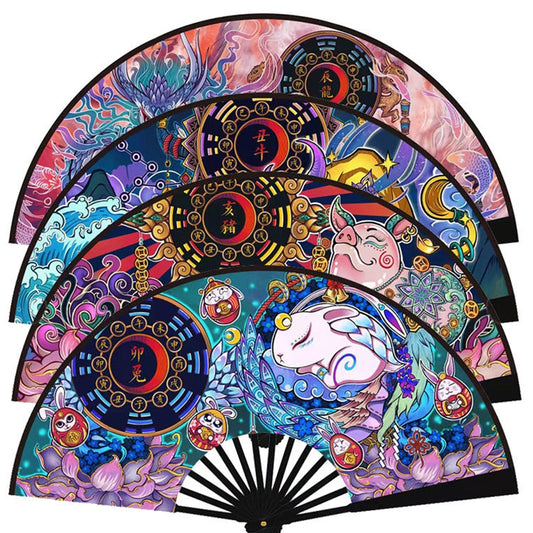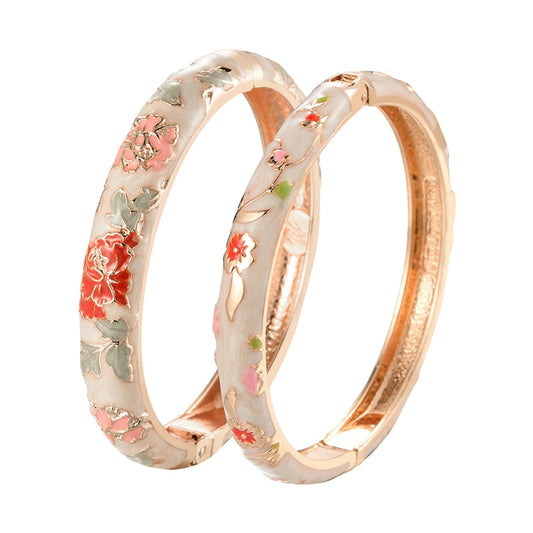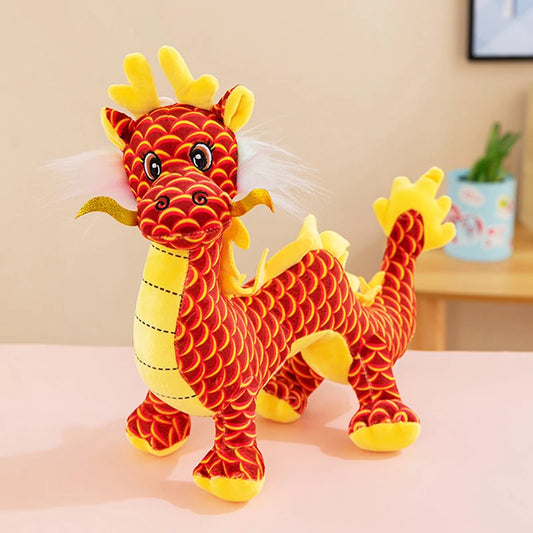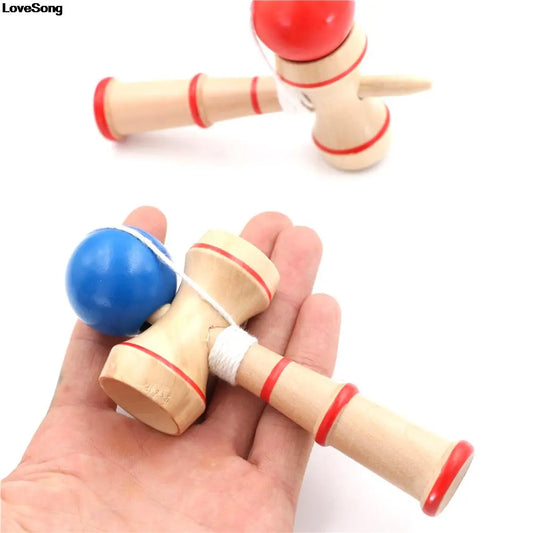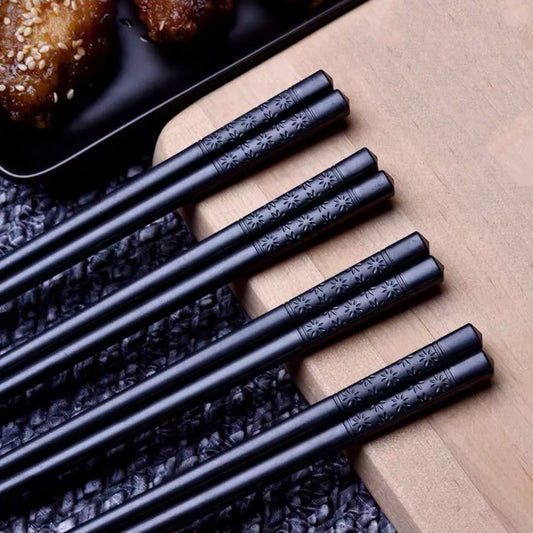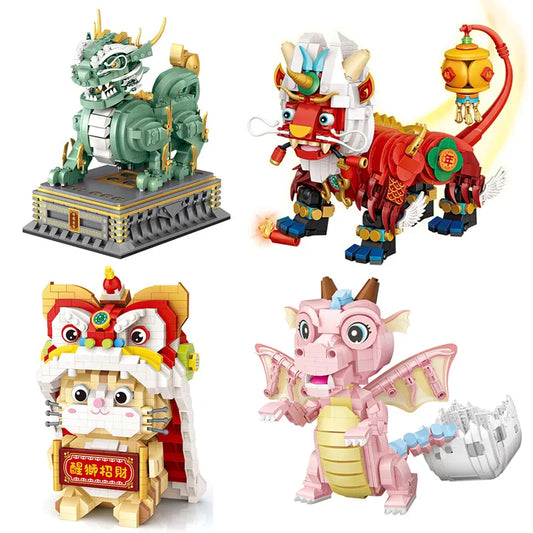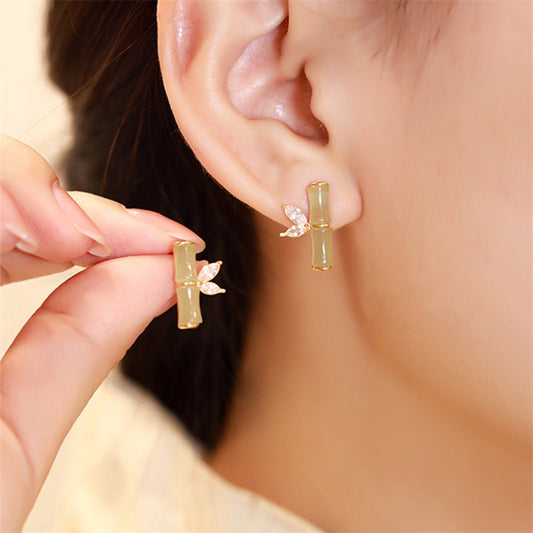The journey of motherhood is a remarkable and transformative experience, and across different cultures, unique traditions and practices are observed to support and care for new mothers during the postpartum period. In Chinese culture, the postpartum phase holds special significance, encompassing a range of customs aimed at promoting the well-being of both the mother and the newborn. In this article, we delve into the world of Chinese postpartum traditions, exploring the practices, beliefs, and nourishing rituals that have been passed down through generations.
Understanding Chinese Postpartum Traditions
The Concept of "Zuo Yue Zi"
In Chinese culture, the postpartum period is commonly referred to as "Zuo Yue Zi," which translates to "sitting the month." This tradition emphasizes the importance of rest, recovery, and rejuvenation for new mothers. It recognizes the physical and emotional toll childbirth takes on a woman's body and advocates for a period of dedicated self-care.

Traditional Practices and Beliefs
Chinese postpartum traditions are deeply rooted in the belief that proper care during this phase can have long-term benefits for both the mother's health and the child's development. Traditional practices often include special diets, herbal medicine, rest and recovery practices, and emotional support systems.
Role of Family and Community Support
One of the defining aspects of Chinese postpartum traditions is the strong emphasis on family and community support. During this period, extended family members often come together to provide care and assistance to the new mother. This communal approach ensures that the mother receives the necessary physical and emotional support, allowing her to focus on her recovery and bonding with the newborn.
Diet and Nutrition during Chinese Postpartum
Importance of Restoring Balance
Central to Chinese postpartum dietary practices is the idea of restoring balance within the body. It is believed that childbirth disrupts the body's equilibrium, and certain foods and ingredients are thought to help rebalance and replenish vital energy, or "qi."

Key Foods and Ingredients
Traditional Chinese postpartum diets incorporate foods that are considered nourishing and beneficial for recovery. These include soups made with nutrient-rich ingredients such as fish, chicken, and various herbs, as well as foods high in iron, calcium, and vitamins.
Herbal Medicine and Treatments
Chinese herbal medicine has been an integral part of postpartum care for centuries. It offers a natural approach to support healing and restore balance within the body. Various herbs are used to address specific postpartum concerns, such as promoting blood circulation, enhancing lactation, and boosting overall vitality.
Commonly used herbs include dong quai, known for its blood-nourishing properties, and red dates, which are believed to improve energy levels. Additionally, practices like acupuncture and Tui Na massage are often employed to alleviate discomfort and promote relaxation.
Rest and Recovery Practices
Rest and recovery play a crucial role in Chinese postpartum traditions. During the postpartum period, new mothers are encouraged to prioritize ample rest and limit physical activities. Bed rest is often recommended, allowing the body to heal and regain strength.
Another key aspect of rest and recovery is the emphasis on warmth and protection. New mothers are advised to keep themselves warm, avoiding exposure to cold temperatures. This focus on warmth is believed to facilitate blood circulation and support overall well-being.

Furthermore, the postpartum confinement period, typically lasting around 30 days, provides an opportunity for new mothers to fully dedicate themselves to rest and recovery. During this time, they are relieved of household chores and responsibilities, allowing them to focus solely on self-care and bonding with the baby.
Emotional and Mental Well-being
Chinese postpartum traditions also recognize the importance of emotional and mental well-being during the postpartum period. New mothers often experience a range of emotions, and having a support system in place is crucial.
Family and close friends play a significant role in providing emotional support and creating a nurturing environment. Encouraging bonding between the mother and the baby is also prioritized, as it helps foster a strong and loving connection.
Additionally, it's important to address the issue of postpartum depression, which can affect new mothers. Chinese postpartum traditions offer various coping mechanisms, including open communication, professional counseling, and the practice of mindfulness and relaxation techniques.
Postpartum Exercises and Activities
While rest is paramount, gentle exercises can be beneficial during the postpartum period. These exercises focus on promoting blood circulation, strengthening the pelvic floor muscles, and aiding in overall recovery. However, it's crucial to consult with healthcare professionals before engaging in any postpartum exercise regimen.
One traditional practice often followed is "belly binding," where a cloth or wrap is used to gently bind the abdomen, providing support to the abdominal muscles and promoting abdominal muscle retraction. This practice is believed to aid in restoring the pre-pregnancy shape and promoting healing.
Gradually, new mothers can incorporate light activities and gradually return to their normal routines. It's essential to listen to the body's cues and not overexert oneself during this delicate recovery phase.
Modern Adaptations and Challenges
In today's modern society, Chinese postpartum traditions face adaptations and challenges. Balancing traditional practices with the demands of a modern lifestyle can be a daunting task. Many new mothers navigate cultural and generational differences as they strive to incorporate meaningful elements of Chinese postpartum traditions into their lives.
Thankfully, there are supportive services and resources available to assist new mothers in embracing and adapting these traditions. Postpartum care centers, online communities, and healthcare professionals specialized in Chinese postpartum practices provide guidance, education, and a sense of community for those seeking to uphold these cherished traditions.
Conclusion
Chinese postpartum traditions offer a holistic approach to supporting new mothers during the postpartum period. The practices encompass physical, emotional, and cultural aspects, emphasizing rest, nourishment, and community support. While adapting to modern lifestyles may present challenges, the benefits of embracing these traditions can be profound for the well-being of both the mother and the baby.
By honoring Chinese postpartum traditions, new mothers can tap into centuries-old wisdom and experience a nurturing and rejuvenating postpartum journey. Remember, each individual's experience may vary, and it's essential to consult with healthcare professionals for personalized guidance.
FAQs (Frequently Asked Questions)
1. Is Chinese postpartum confinement only for a month? The postpartum confinement period in Chinese culture typically lasts around 30 days, but the duration can vary based on individual preferences and circumstances.
2. Can I follow Chinese postpartum practices if I'm not of Chinese descent? Absolutely! Chinese postpartum practices are not limited to individuals of Chinese descent. Anyone can benefit from incorporating elements of these traditions into their postpartum care routine.
3. Are there any dietary restrictions during the postpartum period? Yes, traditional Chinese postpartum diets may include certain avoidances and restrictions, such as avoiding cold or raw foods, spicy ingredients, and excessive greasy or oily foods. It's advisable to consult with a healthcare professional or a traditional Chinese medicine practitioner for personalized dietary guidance.
4. Can I combine Chinese postpartum traditions with modern postpartum care practices? Yes, many new mothers choose to combine traditional Chinese postpartum practices with modern care practices to create a well-rounded postpartum experience that suits their needs and preferences. It's essential to find a balance that works best for you and consult with healthcare professionals for guidance.
5. Are there resources available for learning more about Chinese postpartum traditions? Yes, there are various resources available, including books, online communities, and postpartum care centers that offer information, support, and guidance on Chinese postpartum traditions. Consulting with healthcare professionals specializing in Chinese postpartum practices can also provide valuable insights.


